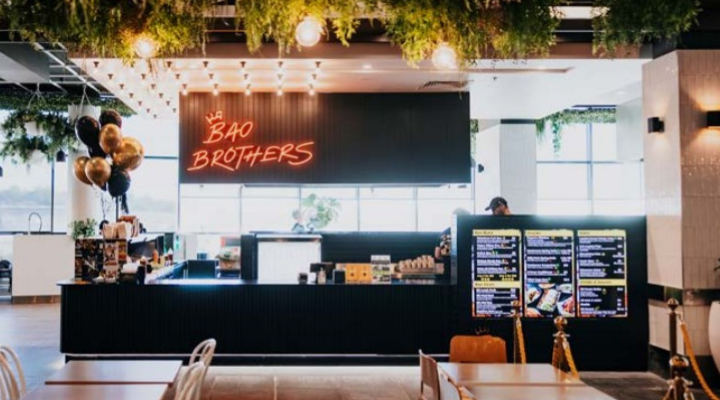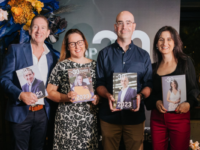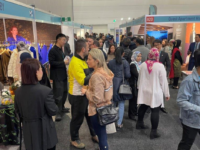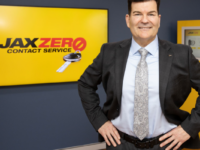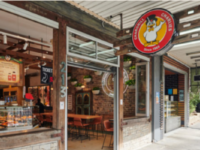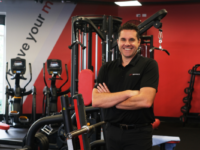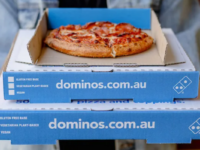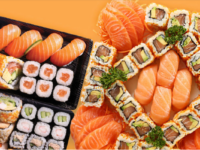Bao Brothers is looking to take its niche Asian fast food concept to the Middle East.
Steve Agi, c51 Consulting is representing the brand alongside FranchiseAsia. Agi said “At the moment we are looking for master franchise investors in the MENA region; interest has already been solid as it is such a great brand and business model.”
Traditionally investors in the region prefer to open units themselves, but there may be the possibility of sub-franchising, Agi said.
“We are looking for a minimum of 12 store commitments per region,” he said. The plan is sign up four regions in 2023.
Bao Brothers targets Middle East, looks to tech to boost convenience
Convenience is an important driver for consumers, co-founder Nathan Martin said, with 30 per cent of Bao Brothers’ current sales through Uber Eats.
c51 Consulting works with Get Smart Innovations, a hospitality-focused business leveraging global technology. The combination of kiosk and technology experience appealed to the Bao Brothers’ founders.
“Customer efficiency and ease of service are important. Ordering boxes [customers have a code to pick up their food from a locked box] are big in Asia. This could take us to a new level,” Martin told Franchise Executive.
“We’ve come a long way from the six or seven slow cookers I had in my garage when we started.”
Fast food chain is primed for Australian growth
Chef David Griffin and Nathan Martin launched the bao business at a Newcastle farmers market in 2015. The pair grew the business from a trailer to a food truck, and opened a flagship store in Charlestown, Newcastle early 2019. Its first food court site followed at Kotara.
Today Bao Brothers has four outlets, including one franchise at Terrigal. Three more franchised sites will open across Sydney, Melbourne and Brisbane following lease negotiations.
Nathan Martin said “We’re not strictly food courts. It depends on the contribution from landlords, we have to hit the right percentages for franchisees to make money. Our COGS and wages are in line, we’re getting the fit-out sorted. We’ve learned the hard way.
“We don’t want to limit ourselves and the opportunity to expand to the Middle East came up. We’ve got a good brand, good food and the right model.”

